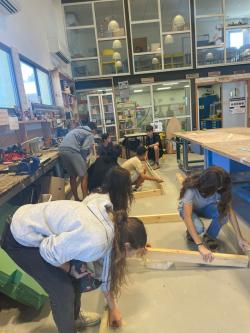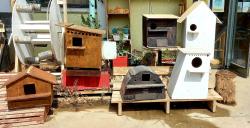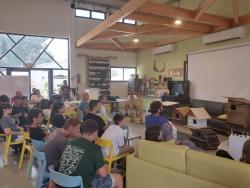Hosted by SALL , contributed by RoyA on 23 February 2023
This project focuses on finding a natural and biological alternative for pest control in agricultural areas. The students designed and built genuine nestboxes for barn owls, to be placed in fields by local farmers.
Background
This project addresses a well known agricultural challenge that many farmers encounter - the challenge of rodents and other pests in agricultural areas. Addressing an agricultural challenge like this and collaborating with farmers from nearby settlements comes natural to the students of Kfar-Galim, due to the special characteristics of the school.
“Kfar Galim” is an educational youth village, with students from 7th to 12th grade, serving students from Hof Carmel and a boarding school. It is located on the Mediterranean coastline and at the foot of the Carmel Mountain ridge.
It was established more than 60 years ago as an agricultural school, but today it serves both for agricultural training for students and other scientific and technological studies (similar to other secondary schools). The school is characterized by large open landscapes and has a cow shed, a dog shelter, a greenhouse, a dairy and a petting zoo – in which some of the students work as party of their school routine.
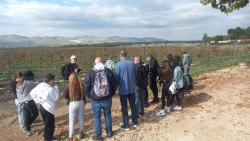

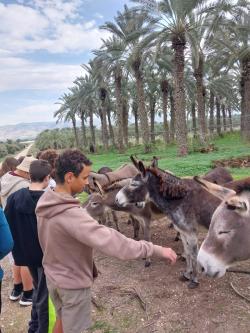
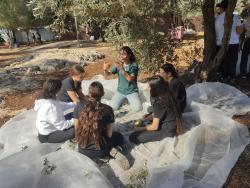
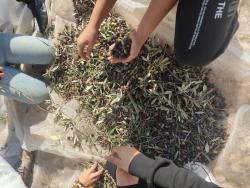
Aim
The project addresses the problem of rodents in agricultural areas and the use of pesticides in the local agricultural fields. The challenge was selected by the teachers, after approaching the local council to understand their challenges and goals.
The projects goals are:
- Promoting “greener” agriculture in the area
- Raising awareness of local farmers to biological pest control
- Strengthening connections between the school and the local community
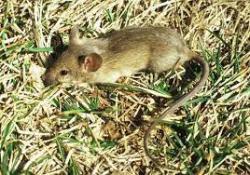
Co-creation with societal actors
The school focused its effort for the pilot on a nearby village called Kerem Maharal, and the stakeholders were selected accordingly:
- Hof Carmel Agricultural Committee
- Dr. Itay Bloch - Barn Owl in Agriculture National Project (Academic Advisor)
- Kerem Maharal Local Committee
- Kerem Maharal Agricultural Group
During the project there were 3 main interactions between the school students and the community stakeholders:
- At the beginning of the project, the students talked to the local farmers to explain them the advantage of their joining the SALL project, in particular to make Hof Carmel agriculture healthier. Together, they searched for challenges that troubles the farmers and that can be addressed by the students.
- At an early stage the students worked with local farmers to better understand the problem and to analyse their specific needs.
- Toward the end of the project, after developing several models of barn owl boxes, the students presented their work to the farmers, pitching the advantages of each of the different models. The students then handed the boxes to the farmers for placing them in the field for pilot.
Implementation
The students worked in groups to design and build 6 models of barn owl boxes, each with different specifications.
After they finished to work on the prototypes, the students presented them to the local farmers, which then placed them in their fields for a pilot period.
Reflection
Teachers:
"Working on a 'real life' project with students is both fascinating and challenging. The work pace and culture at the school is different from the one of our partners. But we already made important connections, and used them to improve and enrich other educational projects in our school. We believe the students were engaged in this project much more than other 'regular' classes."
School Leaders:
"It was impressive to see how the students worked on the project, with dedication and commitment. The project gave them, and our staff, excellent opportunities to know and influence their community, and to present their findings to grown-ups."
Students:
"It was more interesting to learn in this way. We enjoyed the field trips, and the freedom to learn in our own pace and methods. It was interesting to meet people from our community and learn about a local topic we never heard about."
Societal Actors:
"It was very interesting and moving to take part in this project, and to see the students presenting the outcomes. The results are innovative and pretty, and we would like to think about expanding our partnership for the upcoming years – about this project or others."


